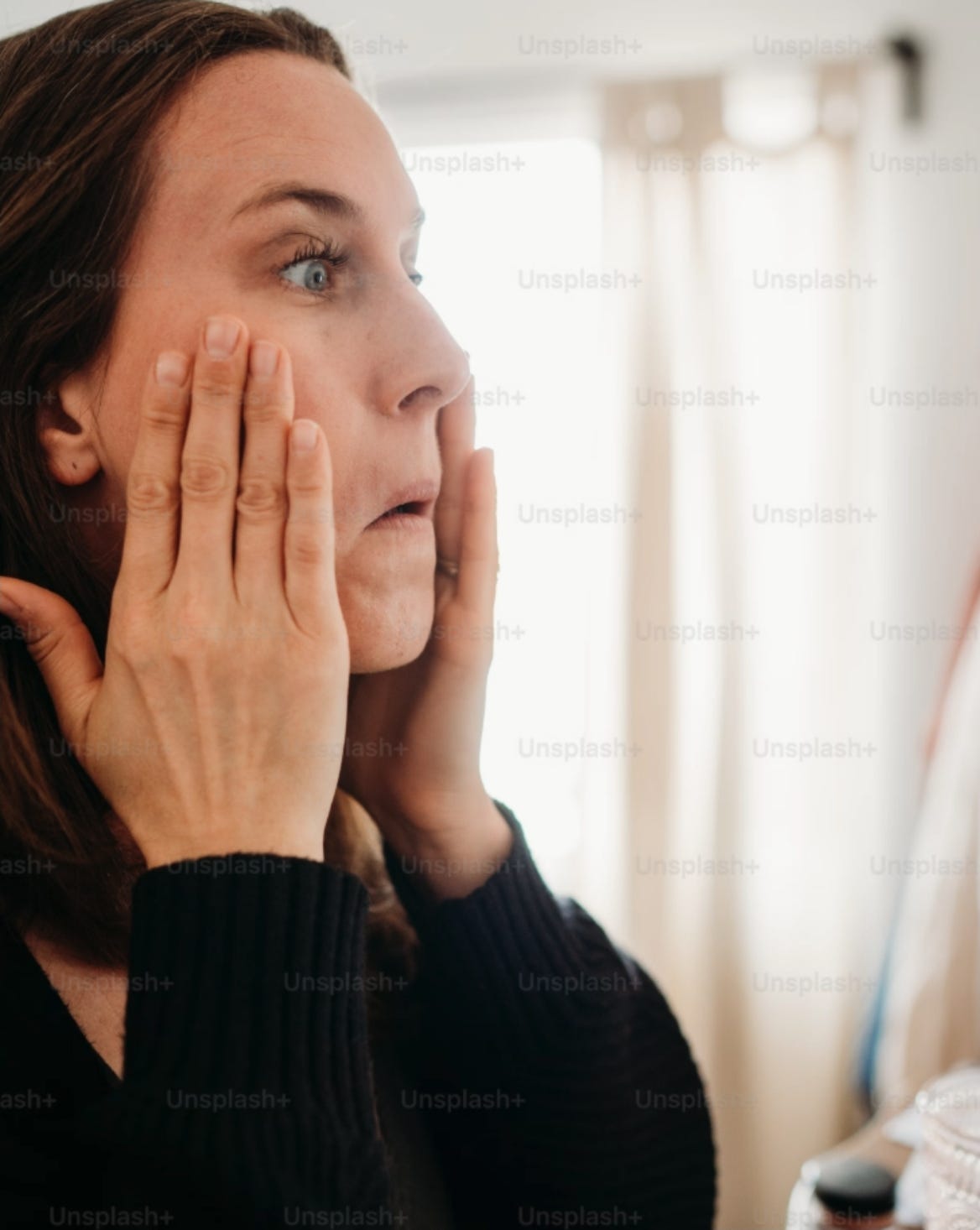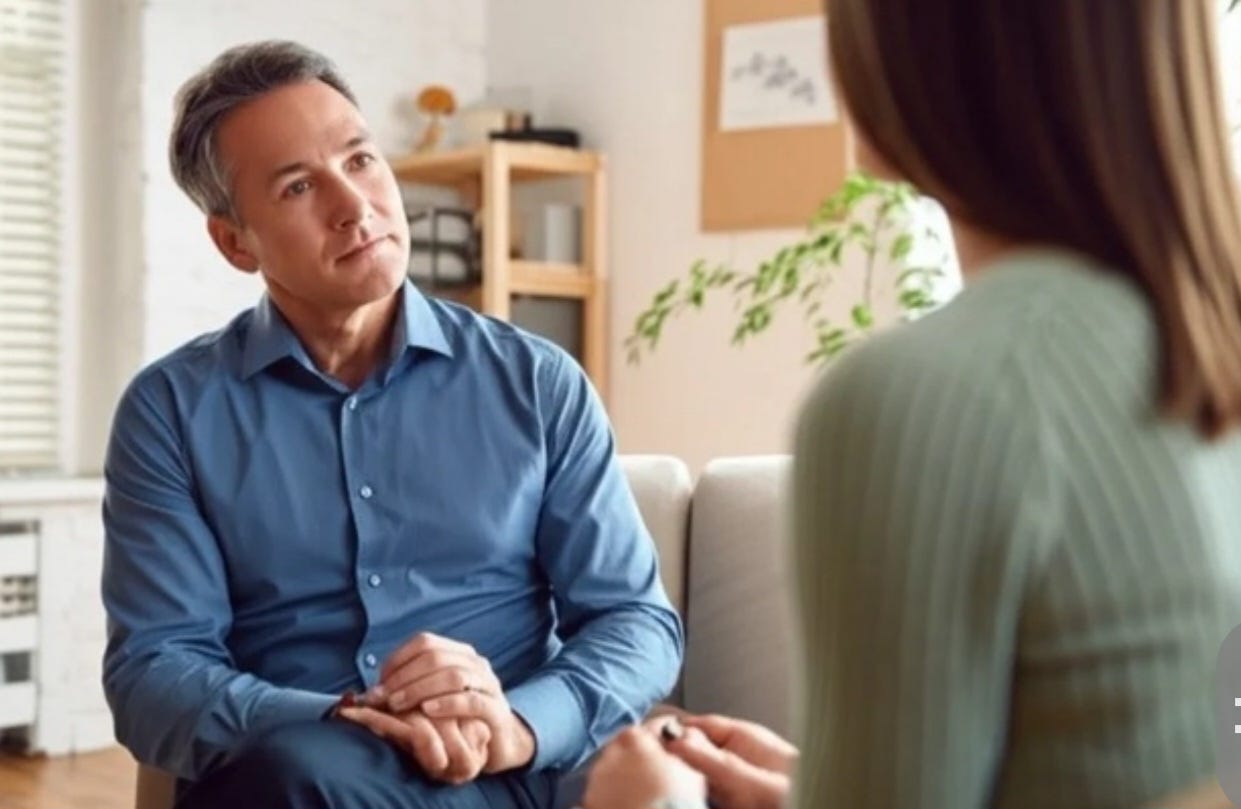Know Your Emotions, But Think Before Acting on Them
We all learn how important our emotions are on our journey into adulthood. We are born helpless and unknowing of the world, so we need direction and support from our parents and other care-giving adults. We slowly learn that we also have emotions that motivate us. Conflicts arise when we are told how to act. At first, we do what others tell us to do, but eventually our emotions demand more attention. We never stop wanting to be protected and taken care of by other people, those needs are part of our basic survival needs, but we get confused about when to listen to our emotions and when to do what our care-givers want us to do. I think this is, roughly, how we begin our life-time struggle to balance and, if possible, integrate both kinds of motivating sources in our lives. It’s never an easy choice to make, and sometimes, we can make big mistakes by not listening to one or the other when we should. I know, I’ve made many of those mistakes. That’s why I decided to write about what I’ve learned about emotions in this post. Maybe you will find this useful, or at least, thought-provoking. I hope you also find it helpful.
What Do I Mean by “Know” Your Emotions?
I definitely do not mean you should try to figure out how your emotions originate and become known to you. Scientists have been working on those questions for a long, long time. The main reasons human emotions remain so mysterious are their amazing body complexity and their uniqueness to each individual. It is well known that the subconscious mind functions can both trigger and fuel emotional reactions but no one has yet figured out how to map and read our subconscious mind functioning.
I instead use the word, “know”, to mean become aware of your feelings. Both Sigmond Freud and Carl Gustav Jung believed that our biggest problems in life usually arise from the emotions we deny in ourselves. They didn’t fully agree on what is stored in our subconscious minds, but they both saw the denial of natural emotions as the cause of many big problems holding us back and even causing us to make big mistakes in our lives. The reason that therapy works, as well as it often does, is that it provides a way for a conflicted individual to peel back the layers upon layers of buried deep beliefs that screw up our pursuit of a healthy, balanced emotional life. I went through traditional Freudian psychoanalysis in the 1970’s. Today, if I were to take therapy, or recommend it for others, I would recommend what is called Cognitive Behavioral Therapy (CBT) because it more quickly gets to your problems in the here-and-now world we live in. But my traditional Freudian therapy showed me how the therapist can help me recognize and accept emotions and core beliefs that were not helping me.
While I was in my therapy, I remember riding in a New York cab when the cab driver started criticizing women for wearing short dresses. “It’s their fault if they get raped,” he said in his repugnant rant, and I realized that he was blaming women for sexual feelings he was ashamed of. My therapy had helped me realize this mistake. He was assuming he had the right to abuse any woman who triggered his sexual desires. I quickly responded to him, in a calm voice, “Do you have no responsibility for what you do to other people?” He just looked at me with no other comments, but I felt that my calm question had raised an important question in his mind, perhaps for the first time; when is he responsible for what he does?
Why You Should Be Aware of All Your Emotions
I believe the most important reason to try to become aware of all of your natural emotions, even those you might feel ashamed of, is to know your true biological self. Both Freud and Jung warned of the psychological problems that result when you deny, or try to hide your “not acceptable” natural emotions from yourself. They don’t go away. They come back even stronger. Jung called your unpopular or worse feelings your “shadow”, and warned that these conflicts will lead to many kinds of problems, including depression. The solution, he said, was to face them, accept that they are natural, but you don’t have to act on them. This is how you can own them and control them. In other words, facing them means you are being honest about how you feel and that’s not wrong; rather, doing something in response to those thoughts is what could be wrong.
I also believe there’s another important reason to acknowledge all of your natural emotions; when you do, you can more easily understand and accept the faults or weaknesses of other people with empathy. Again, recognizing their feelings doesn’t make you or them wrong. But allowing them or yourself to act in a way to hurt others, because of those feelings, is what could be very wrong.
How Do You Recognize and Face Your Not-Acceptable Feelings?
I have found meditation and personal journal writing to be very helpful in getting to know myself better. You just have to commit to learning yourself. Don’t hesitate to relax and open your mind to who you really are. Some people are afraid of what they might discover. I hope you’re not. If you’re learning your natural feelings, how can that be something to be ashamed of?
I went through psychoanalytic psychotherapy in the 1970’s. If you are having trouble knowing or accepting yourself, I hope you will consider it. As I said before, today I would recommend Cognitive Behavioral Therapy (CBT). You don’t have to be ashamed of therapy either. Think of it as your investment in becoming more self-aware.
Dan’s Net Take-Away
All humans are basically emotional animals. Throughout life we are primarily motivated and influenced by our emotions. Emotions define the meaning of our lives. But we also want to be acceptable in groups we like. That makes us feel appreciated and supported.
There are two kinds of problems most people run into, however, with regard to being what other people want us to be, and this conflicts with what our emotions tell us to do or think: (1) we do what other people tell us we should do, when we shouldn’t listen to them, or (2) we deny our feelings as being natural when we think other people will not accept those feelings in us. In both cases, I believe the answer is to pause, and think before we act on those kinds of emotions. There are two simple questions you can ask yourself, and they hopefully will give you a better frame of mind:
What will other people think of me if I do what I want to do?
What will I think of myself later?
Hopefully, with more self-awareness, we can all come to understand and accept our true selves. That’s the proven way to break free of emotional conflicts that inhibit or misguide us.
.





I read this and I really think it helped me. Thank you for caring enough to write about these things.
Linda Spink
Thank you, Linda, for commenting. I appreciate hearing what you think
Dan SPink